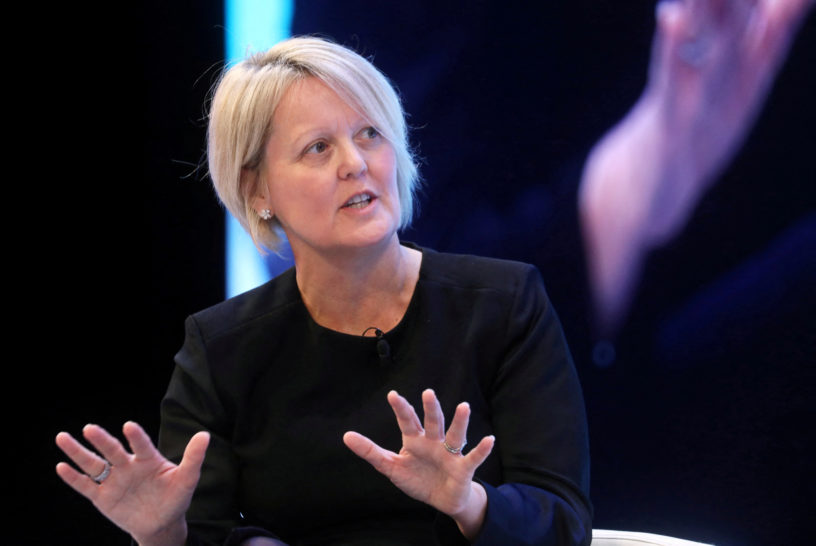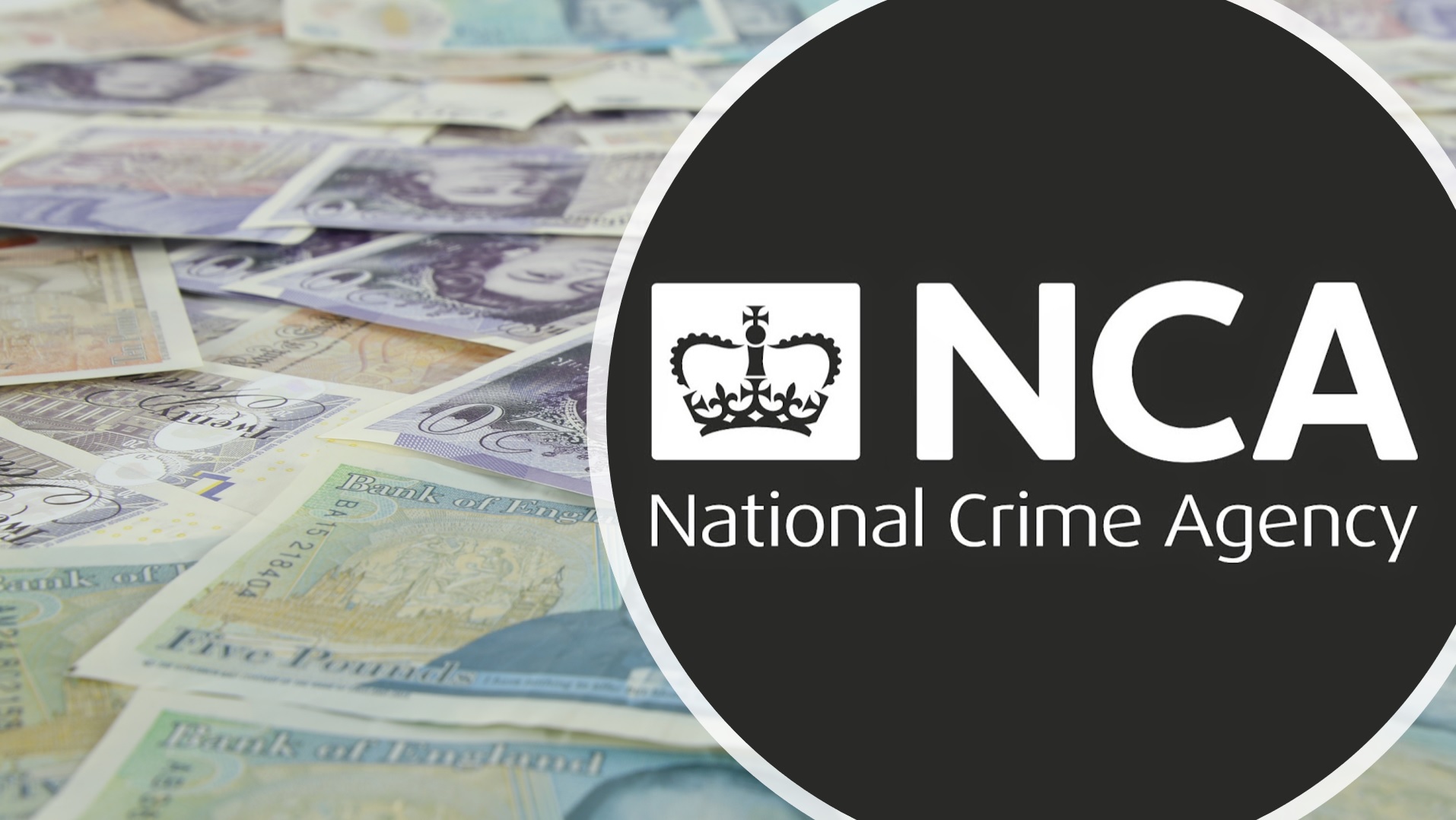NATWEST chief Alison Rose quit early today (Wednesday) over the lender’s controversial decision to de-bank British politician Nigel Farage.
Her early hours resignation came just hours after the NatWest board said it had “full confidence” in the chief executive.
Earlier in the evening the ceo confirmed she was the source of an inaccurate BBC story about Nigel Farage’s banking arrangements.
However, at 01:45am today the board announced Rose was stepping down.
Today Nigel Farage also called for the bank’s chair Howard Davies to go over the scandal. He also said a total of ten banks had rejected him as a customer.
It now appears the NatWest board succumbed to increasing political and public disquiet over the bank’s unilateral decision to de-risk Mr Farage simply because it did not like his political views. Moreover, the British prime minister’s office and Chancellor Jeremy Hunt said on Tuesday that the government had “significant concerns” over her leadership when it emerged she gave a dodgy briefing to the BBC.
The intervention by Prime Minister Sunak and the chancellor led the board to convene an emergency meeting.
In the early hours of Wednesday, NatWest Group chairman Sir Howard Davies released a statement.
"The Board and Alison Rose have agreed, by mutual consent, that she will step down as CEO of the NatWest Group. It is a sad moment.
"She has dedicated all her working life so far to NatWest and will leave many colleagues who respect and admire her."The chair – whose own position is now under scrutiny – conceded the “overall handling of the circumstances surrounding Mr Farage’s accounts has been unsatisfactory, with serious consequences for the bank”.
He promised to conduct an independent review that will be released to the public.
Paul Thwaite, current chief executive of NatWest’s Commercial and Institutional business, will take over Rose’s responsibilities for 12 months
Ms Rose’s fate appeared sealed when she admitted briefing a BBC editor on Mr Farage’s de-banking. She gave the dubious briefing to the journalist who subsequently reported Farage had been de-banked from NatWest subsidiary Coutts Bank because he did not meet the lender’s deposit threshold of at least £1M.
That was not the case – the bank’s reputation risk committee decided to de-bank the politician simply because it did not like his views. Mr Farage discovered the source of the decision when he filed a Data Subject Access Report (DSAR).
In the early Ms Rose released a statement where she thanked her colleagues “for all that they have done”.
“I remain immensely proud of the progress the bank has made in supporting people, families and business across the UK, and building the foundations for sustainable growth.”
“I remain immensely proud of the progress the bank has made in supporting people, families and business across the UK, and building the foundations for sustainable growth.”This morning Nigel Farage told Sky News’ Kay Burley the affair has “completely absorbed my life for many months”.
He said he has written to Coutts’ ceo Peter Flavel, “three times” and he has “not even had the courtesy of an acknowledgement”.
“I don’t see how his position can be tenable,” Mr Farage said.
The politician then turned to the position of NatWest chair Howard Davies, who had publicly backed his ceo hours before her resignation.
“The first rule of banking is you have to obey client confidentiality.
“They have made a complete and utter mess of this – and I frankly think any member of the board who supported this statement last night (that they had confidence in Dame Alison) simply shouldn’t be there.”
He said the bank’s “lead investors” need to “put in place very quickly a new interim board”.
Asked if Mr Davies should step down, he said: “Of course, absolutely, no questions about it.”
“This thing has completely absorbed my life for many many months. This was a political decision.”
Alison Rose was appointed the bank’s ceo in 2019, becoming the first woman to lead a major British bank.
As head of NatWest Group, formerly known as the Royal Bank of Scotland Group, Rose she was responsible for 19 million customers in the UK and 60,000 employees globally.
Over some 30 years Ms Rose has garnered a reputation as a champion of women in business.
Asked in a recent interview she said not enough progress had been made in gender equality. “We’re not at parity, we’re not at equality, but we are seeing more focus. The burdens and barriers are still there, but the concerted action to address some of these barriers is making a difference,” she told the BBC.
Statements in full:
NatWest Group chairman Sir Howard Davies said it was a “sad moment” as he announced Dame Alison Rose would be stepping down by “mutal consent” with Natwest.
In a short statement quoted by PA, he said: “The Board and Alison Rose have agreed, by mutual consent, that she will step down as CEO of the NatWest Group. It is a sad moment.
“She has dedicated all her working life so far to NatWest and will leave many colleagues who respect and admire her.”
In a separate statement, Rose thanked her colleagues “for all that they [had] done”.
She said: “I remain immensely proud of the progress the bank has made in supporting people, families and business across the UK, and building the foundations for sustainable growth.”
She had earlier apologised for discussing the closure of Nigel Farage’s account at NatWest’s private banking arm Coutts with a BBC journalist, saying it was a “serious error of judgement”.
Share this on:
Follow us on:











